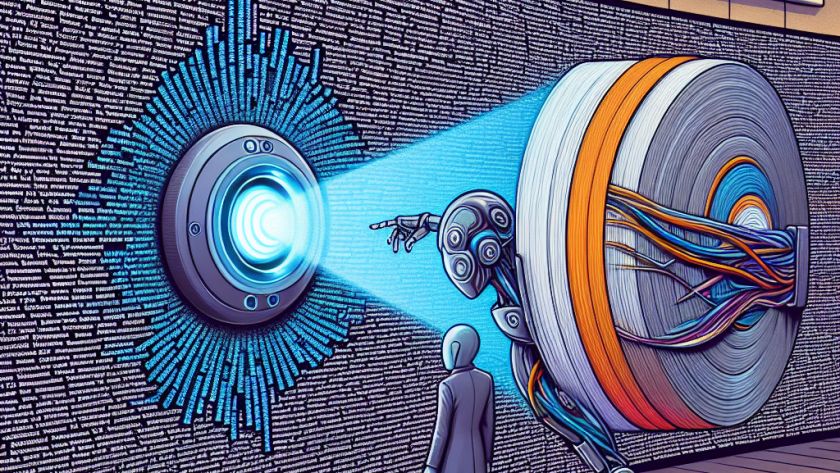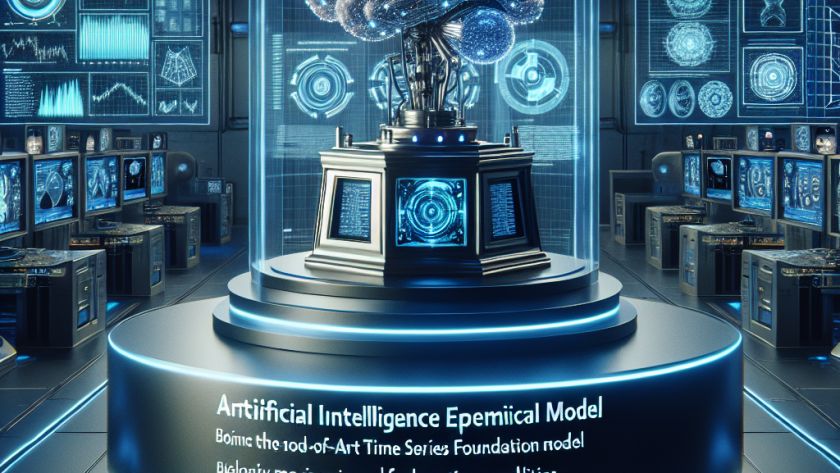Software development can be a complex process, with developers often having to spend a great deal of time on tasks such as navigating through codebases, debugging and making modifications. Although existing tools and Integrated Development Environments (IDEs) provide some assistance, these may not suffice for more intricate projects. They often offer features like code completion,…










